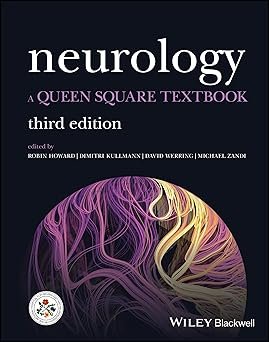Phenomenology vs. Psychology: A Critical Analysis of Scientific Methodology
Introduction: The Misconception of Phenomenology
Phenomenology, as introduced in Logische Untersuchungen, has often been misinterpreted as a mere subset of empirical psychology, focusing only on the internal experiences of consciousness. However, this misconception overlooks the fact that phenomenology is a distinct philosophical approach aimed at understanding mental processes, perception, and subjective experience at a much deeper level.
Unfortunately, despite repeated clarifications, many psychologists and researchers continue to conflate phenomenology with experimental psychology, assuming that it is limited to descriptions of internal cognitive functions. This misunderstanding has led to flawed interpretations and misdirected criticisms of my work.
The Core Issue: Misrepresentation of Phenomenology
Many responses to my critique of psychological methods fail to address the true nature of phenomenology. Instead, they react defensively, assuming that I am dismissing the value of experimental psychology. This is far from the truth. My goal is not to discredit modern psychology but to highlight critical methodological weaknesses that prevent it from reaching its full scientific potential.
Key Problems in Current Psychological Methodology:
✅ Over-reliance on experimental data without considering subjective experience.
✅ Failure to acknowledge the limits of empirical research in understanding consciousness.
✅ A narrow focus on observable behaviors rather than internal mental states.
✅ Resistance to integrating phenomenological insights into cognitive science.
These methodological limitations restrict psychology’s ability to explore the full spectrum of human consciousness. Addressing them could lead to a more comprehensive and scientifically rigorous discipline.
Why Psychological Science Needs Phenomenology
1. Expanding the Scope of Psychology
Traditional experimental psychology focuses on quantifiable data, but human experience cannot always be measured in numerical terms. Phenomenology provides a way to analyze subjective consciousness, helping researchers understand perception, emotions, and cognition in ways that purely empirical methods cannot.
How Phenomenology Improves Psychological Research:
🔹 Provides a deeper understanding of subjective experiences.
🔹 Helps bridge the gap between cognitive science and philosophical psychology.
🔹 Encourages holistic research that includes both objective data and qualitative insights.
🔹 Can revolutionize fields like neuroscience, psychotherapy, and consciousness studies.
2. Breaking Free from Reductionist Views
Many psychologists remain trapped in a reductionist framework, believing that all mental phenomena can be explained through brain activity alone. While neuroscience and psychology provide invaluable insights, reducing consciousness to neural processes ignores the rich complexity of human experience.
3. Addressing the Mind-Body Problem
The mind-body problem has been a central debate in philosophy and psychology for centuries. Empirical psychology tends to focus on brain mechanisms, while phenomenology explores first-person experiences. By integrating both perspectives, psychology can develop a more comprehensive understanding of how mental and physical states interact.
The Future of Psychology: A Call for Methodological Reform
Rather than dismissing phenomenological insights, psychology should embrace them to build a more holistic and scientifically advanced discipline. Defensiveness against constructive criticism only hinders progress. Instead, the field should:
🔹 Recognize the limitations of purely experimental methods.
🔹 Integrate qualitative and quantitative approaches.
🔹 Consider subjective consciousness as a valid area of study.
🔹 Encourage interdisciplinary research between philosophy, psychology, and neuroscience.
By doing so, psychology can evolve into a field that not only studies behavior and cognition but also captures the full depth of human consciousness.
Conclusion: Why This Debate Matters
🔸 Phenomenology is not just an extension of psychology—it is a powerful philosophical tool that can enhance psychological research.
🔸 My critique of psychological methodology is not an attack but an attempt to improve scientific rigor.
🔸 Addressing these methodological flaws can elevate psychology to new heights and broaden its research scope.
🔸 A more integrated approach will help bridge the gap between empirical research, cognitive science, and philosophy.














Reviews
There are no reviews yet.